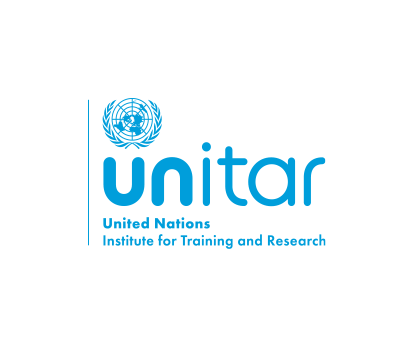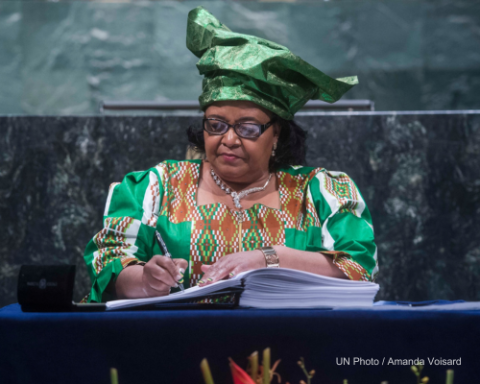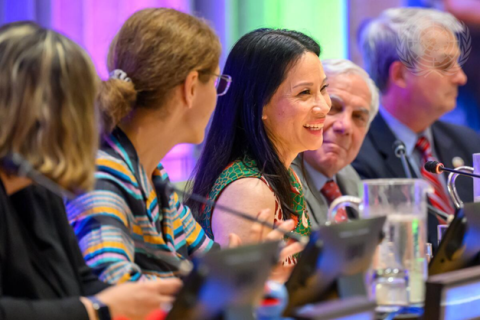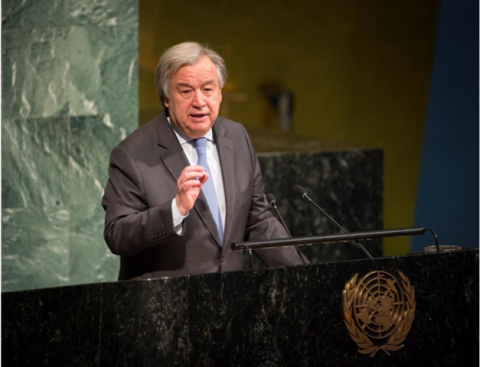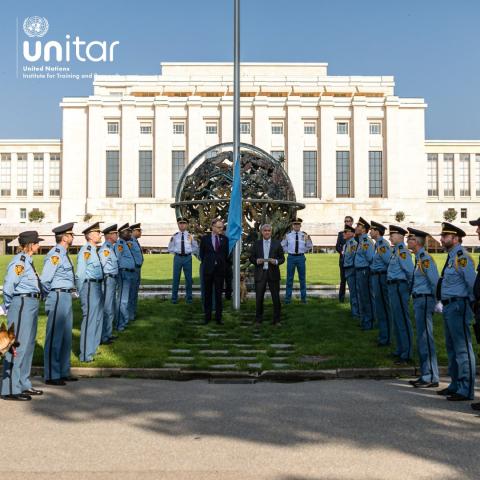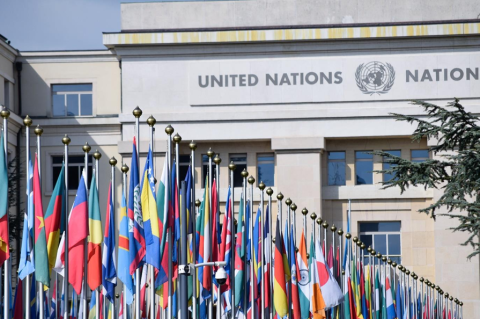12 de un total de 193 eventos
-
Open-registration event
E-learning
Abierto para registrarse/solicitar
-
Open-registration event
E-learning
Abierto para registrarse/solicitar
-
Application-based event
E-learning
Abierto para registrarse/solicitar
-
Application-based event
E-learning
Abierto para registrarse/solicitar
-
Application-based event
E-learning
Abierto para registrarse/solicitar
-
Application-based event
E-learning
Abierto para registrarse/solicitar
-
Application-based event
E-learning
Abierto para registrarse/solicitar
-
Application-based event
E-learning
Abierto para registrarse/solicitar
-
Open-registration event
E-learning
Abierto para registrarse/solicitar
-
Open-registration event
E-learning
Abierto para registrarse/solicitar
-
Open-registration event
E-learning
Cerrado para nuevos registros


